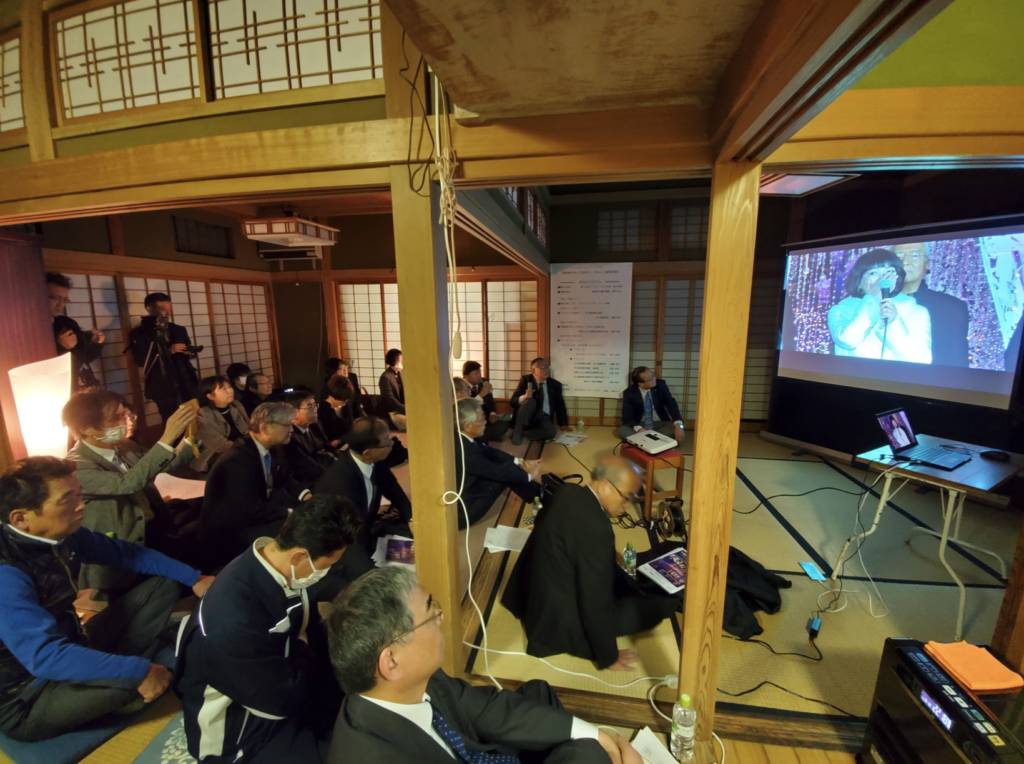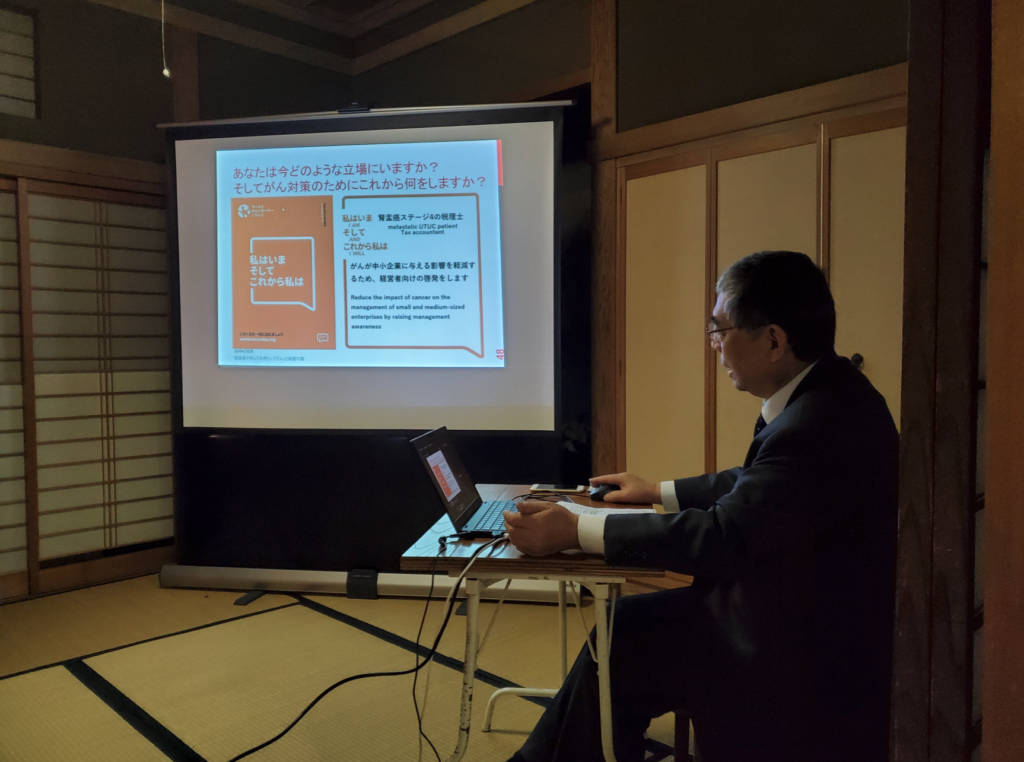Community
The number of people living with cancer is increasing due to the development of treatment technologies and changes in rice style.
On the other hand, in both Japan and China, where the birthrate is declining and the population is aging, people with cancer and their families are often isolated and face many difficulties as the ties between relatives and the community are becoming fragmented.
Unlike infectious diseases, cancer has been seen as an individual illness and has not been practiced in the community setting. Cancer is often stigmatised as a deadly disease.
How can we create a local community where people can talk about cancer and support each other without fear, as a disease that can happen to anyone?
The reality is that many communities have been devastated by coronas and currently lack the human resources to provide cancer care.
Therefore, we will update our regional networks in Japan and China, using existing but previously unconnected networks to cancer and healthcare, and using international learning as a catalyst.
We will update our regional networks in Japan and China.
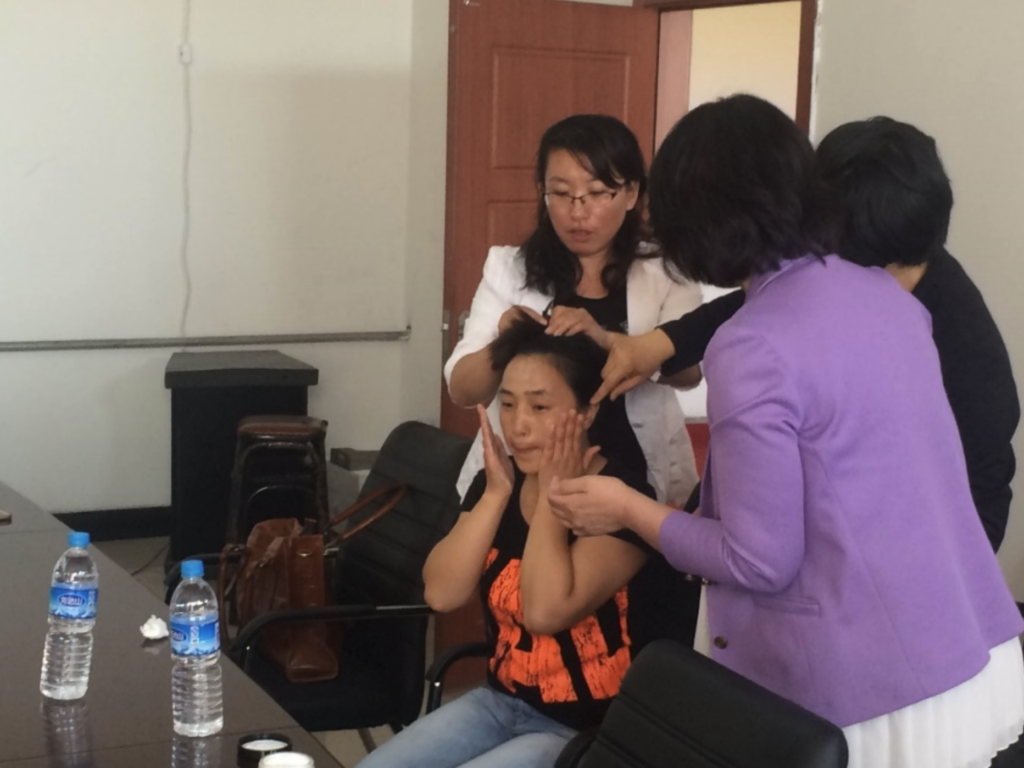
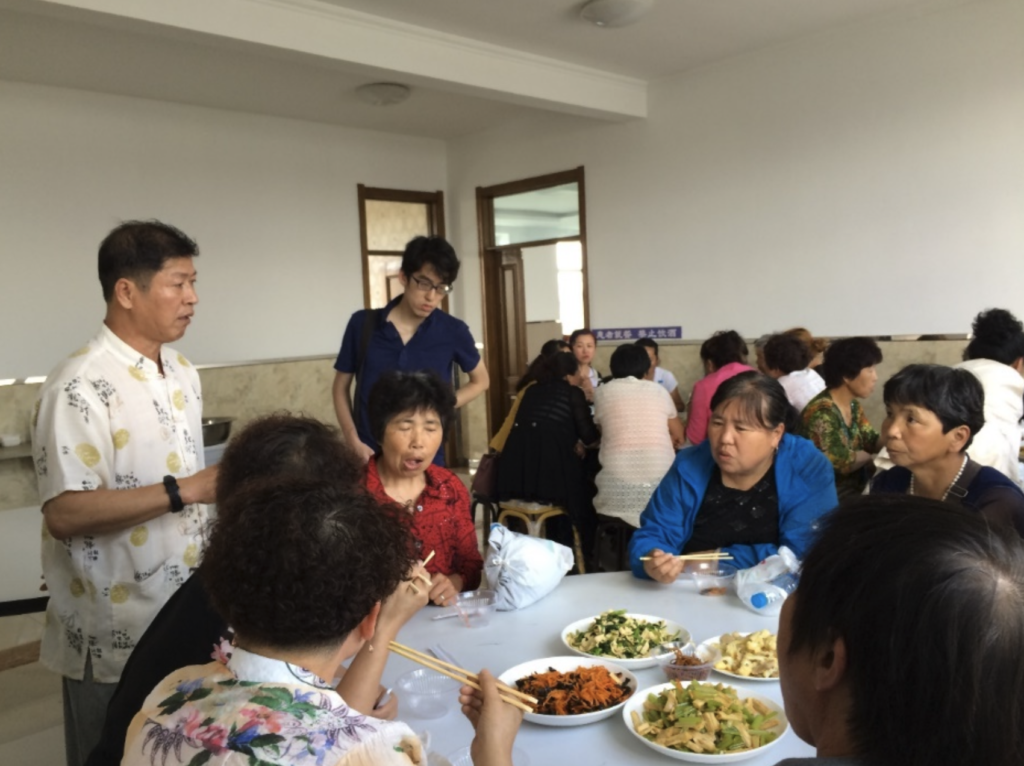
Schools
What does cancer mean to children? In Japan, cancer education has been provided in many schools in recent years, but it has been somewhat adult-oriented and not always from the children’s perspective.
This is a reflection of our involvement in the field of education in Japan and China through JICA grassroots projects. By learning about local folklore and the lives of people in the past, they will also learn how people have faced and survived illness and how to think together about today’s theme of cancer across regions and countries.
We would like to give the children the opportunity to think and discuss what kind of future they would like to see for themselves.
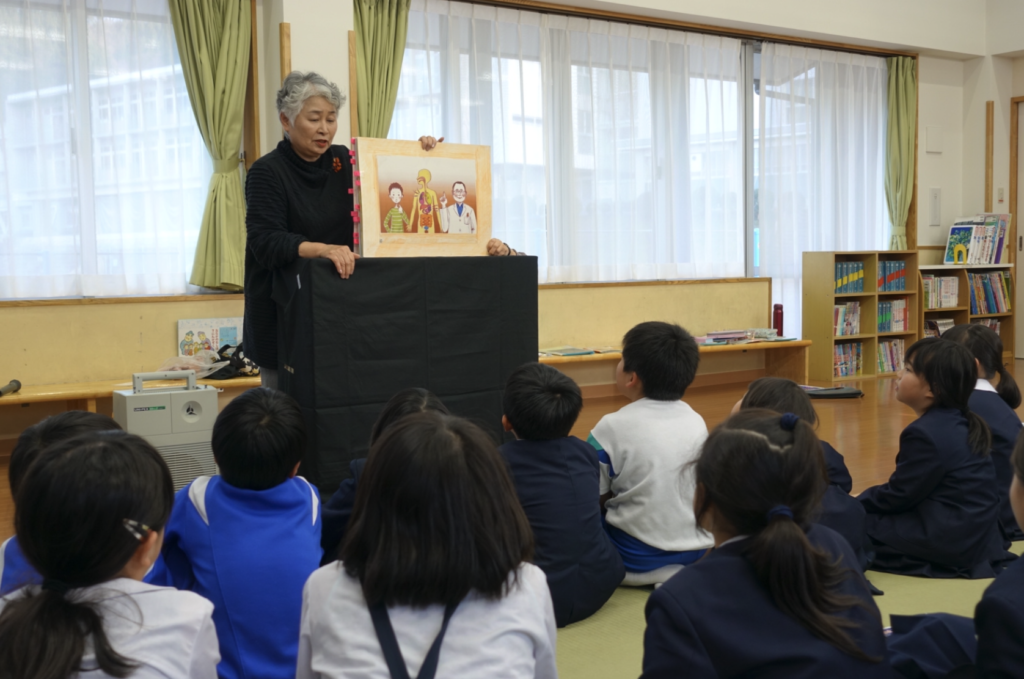
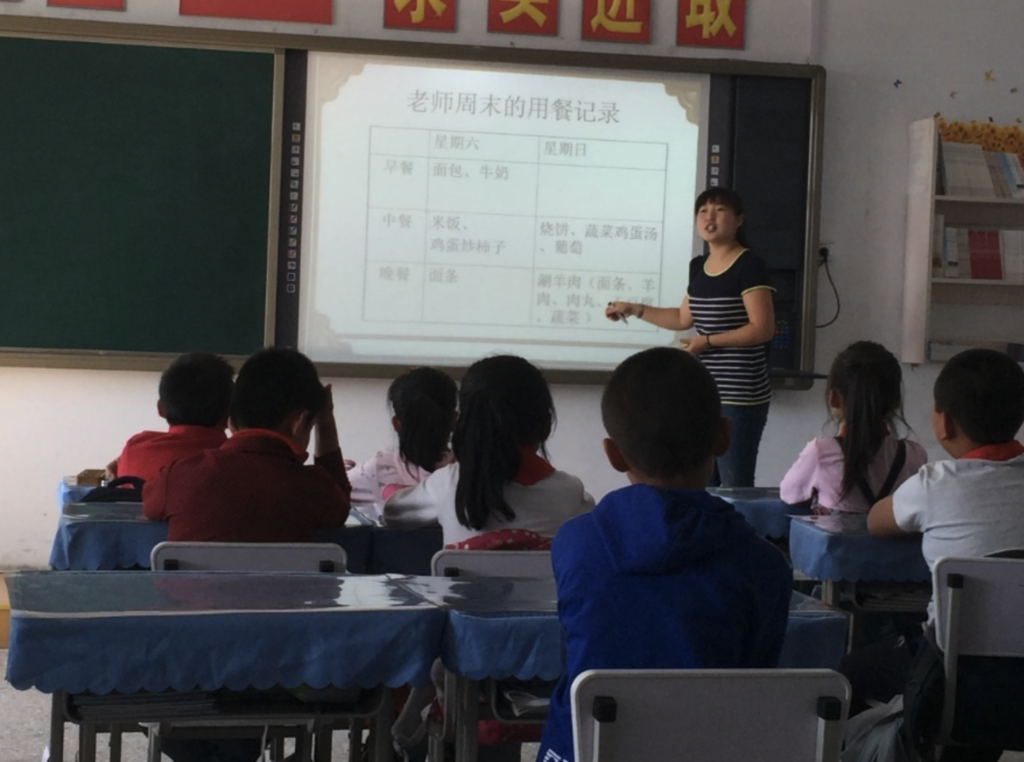
Workplace
In Japan, it is known that one in two people, especially two out of three men, will suffer from cancer in their lifetime, and that the incidence increases dramatically after the age of 60.This situation is no different in China, where the impact of cancer on business management is becoming more long-term and significant. In Japan, cancer control in the workplace is attracting attention from the perspective of health management, but first of all, we would like to make it a common goal to help corporate managers, who are leaders in the community, demonstrate their value as managers with a correct understanding of cancer and contribute to the stabilization of corporate management and the community through appropriate measures. This situation is no different in China, where the impact of cancer on business management is becoming more long-term and significant.
In Japan, cancer control in the workplace is gaining attention in the context of health management.
First of all, we would like to make it a common goal that corporate executives, who are leaders in the local community, demonstrate their value as leaders with a correct understanding of cancer and help stabilize corporate management and the local community through appropriate measures.
